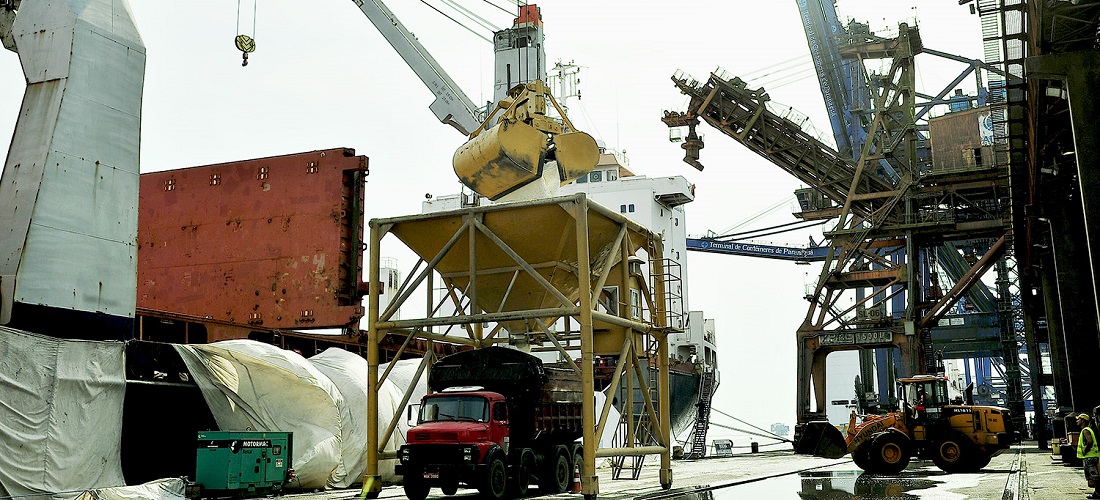
Association argues that Brazil shot itself in the foot by reducing imported fertilizer rate
Mar, 18, 2022 Posted by Gabriel MalheirosWeek 202211
Less than a week after Brazil launched a plan to encourage the production of fertilizers, with ambitious goals to reduce foreign dependence, a decision by the National Congress reduced by two-thirds a tax levied on the freight of the imported product, frustrating the national industry, said the producers association Sinprifert on the 18th.
“That is shot in the food. This decision frustrates the sector. A few days ago we saw a plan with ambitious goals… now, this measure takes us two to three steps back in the production of fertilizers,” said the executive director of the Sinprfert, Bernardo Silva to Reuters.
The day before, the National Congress rejected President Jair Bolsonaro’s vetoes on the “BR do Mar” project, thus reducing the Additional Freight Rate for the Renovation of the Merchant Marine (AFRMM) from 25% to 8%. This decision can benefit other import sectors but not the national fertilizer industry, which is already suffering from intense competition.
The national fertilizer plan aims to reduce Brazil’s dependence on fertilizer imports from 85% to 45% by 2050. The plan was launched at a time when Brazil is dealing with high prices for these inputs, in addition to shortages due to the war in Ukraine.
Sinprifert had already warned about the risk of reducing the federal tax, which should be another challenge for the national production of fertilizers since in some states the imported fertilizer is still exempt from the state excise tax but not the national one.
“The fertilizer sector takes long-term investment decisions, but then the investor asks, ‘Why am I going to invest if the country continues to support imports?'” Silva explained.
Because the National Congress’ decision was made recently, the industry has yet to price the impact of the legislation, which some perceive as a method to cut the cost of imported goods, despite the war’s impact on input prices.
However, the monopoly of only a few companies in the fertilizer business makes reducing the tax innocuous.
The union’s idea now is to seek compensatory measures to limit the impact of the decision on the AFRMM.
Sinprifert previously said that the national fertilizer program had the potential to increase national production by 35% by 2025, with the capacity to attract investments of around 4 billion reais per year.
Although the country’s external reliance on fertilizers became more critical as a result of the war in Ukraine the national plan is long-term in nature.
Tereza Cristina, the Minister of Agriculture, was in Canada at the beginning of the week to assist the private sector in securing more investments and potash imports.
A Canadian business has suggested doubling the expected production of potash from a project in the Brazilian Amazon, while Canpotex, which exports potash from Canada’s two major mining corporations, has stated that it aims to increase its shipments to Brazil.
Source: Money Times
To read the full original article please find:
-
Ports and Terminals
Feb, 25, 2022
0
Argentina requests new regulations over vessel collisions with docks
-
Ports and Terminals
Jan, 26, 2023
0
Suape port receives largest ever GLP import cargo
-
Automotive
Mar, 06, 2025
0
Trump grants one-month exemption for US automakers from new tariffs on imports from Mexico, Canada
-
Trade Regulations
Nov, 13, 2024
0
India Opens Market for Brazilian Bone Derivatives Used in Gelatin Production



